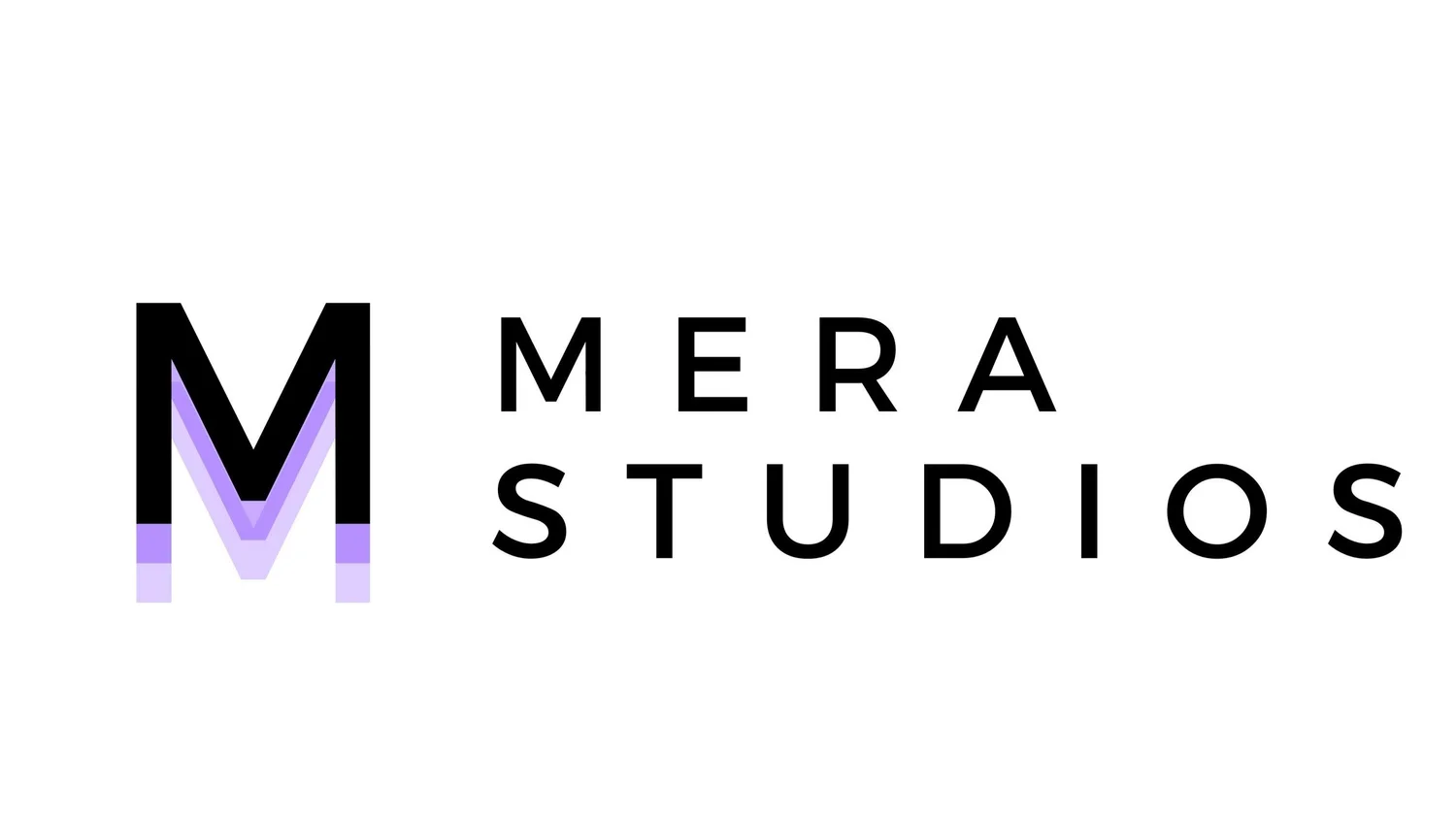Studio Sharing vs. Dry Hire – What’s Right for Musicians?
When it comes to accessing professional music facilities, most musicians face the same question: should you share a studio or dry hire one as needed? Both options offer affordable alternatives to owning a private studio, but the right choice depends on your music projects, frequency of use, and budget. Let’s explore the key differences to help you decide.
What is Studio Sharing in Music?
Studio sharing is when multiple musicians, bands, or producers split the use (and cost) of a rehearsal or recording studio. This could mean:
Sharing a studio on a monthly basis with other musicians.
Having fixed time slots for rehearsals or sessions each week.
Pooling resources to access shared instruments, amps, or recording gear.
Benefits of Studio Sharing
Cost-effective: Splitting rent makes it more affordable than hiring solo.
Consistency: A permanent, familiar space for rehearsals and recordings.
Community: Opportunities to network and collaborate with other musicians.
Shared gear: Access to equipment without needing to bring everything yourself.
Drawbacks of Studio Sharing
Limited flexibility: Access is usually restricted to pre-agreed times.
Shared use: Equipment may experience wear and tear.
Creative differences: Conflicting rehearsal needs or styles may arise.
What is Dry Hire in Music?
Dry hire refers to renting a studio on an hourly or daily basis, typically without instruments or backline included (although most studios offer them as add-ons). This is a pay-as-you-go option ideal for rehearsals, recording, or one-off sessions.
Benefits of Dry Hire
Flexibility: Book only when you need the space.
Professional facilities: Access to high-quality acoustics and gear without long-term costs.
Scalability: Perfect for one-off rehearsals, auditions, or project recordings.
Creative control: Freedom to bring your own instruments and set up your way.
Drawbacks of Dry Hire
Costs can add up: Frequent bookings may become expensive over time.
Availability issues: Popular studios may be fully booked during peak hours.
No permanent base: Lacks the familiarity of a dedicated space.
Studio Sharing vs. Dry Hire: Which is Best for Musicians?
The right choice depends on your music career stage, budget, and workflow.
Choose Studio Sharing if…
You rehearse or record regularly, want consistent access to a creative space, and value being part of a small music community.Choose Dry Hire if…
You only need a studio occasionally, prefer maximum flexibility, and don’t want long-term financial commitments.
Final Thoughts
Both studio sharing and dry hire give musicians access to professional rehearsal and recording spaces without the cost of running a private studio. If you’re in a band with weekly rehearsals, studio sharing offers stability and cost savings. If you’re a solo artist, session musician, or producer working on occasional projects, dry hire may be the smarter choice.
Ultimately, think about how often you’ll realistically use the studio, how much flexibility you need, and whether you’d prefer a permanent base or ad-hoc access. With those answers, the decision between studio sharing vs. dry hire becomes clear.

